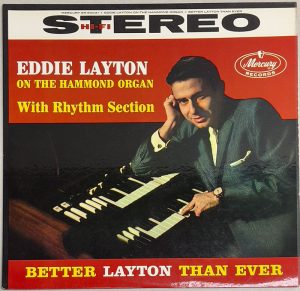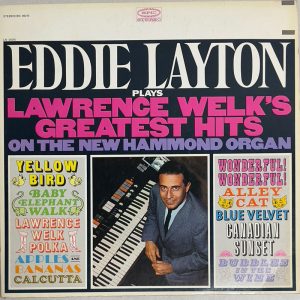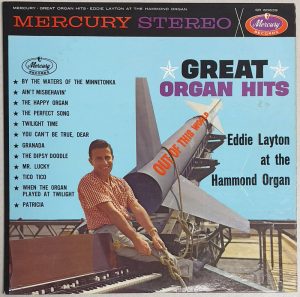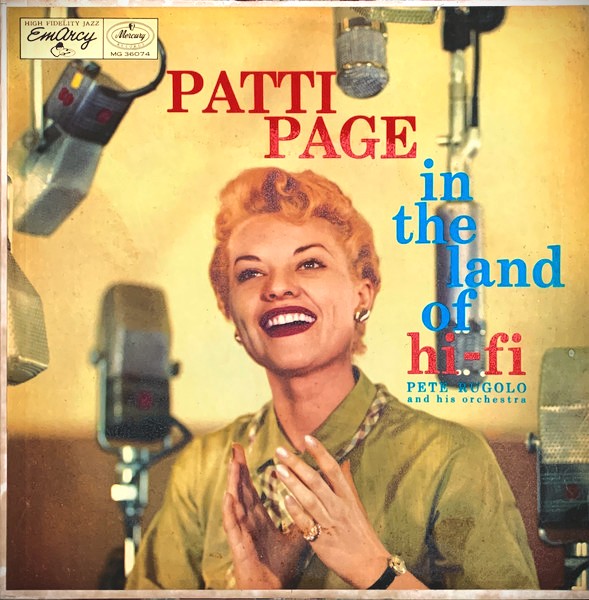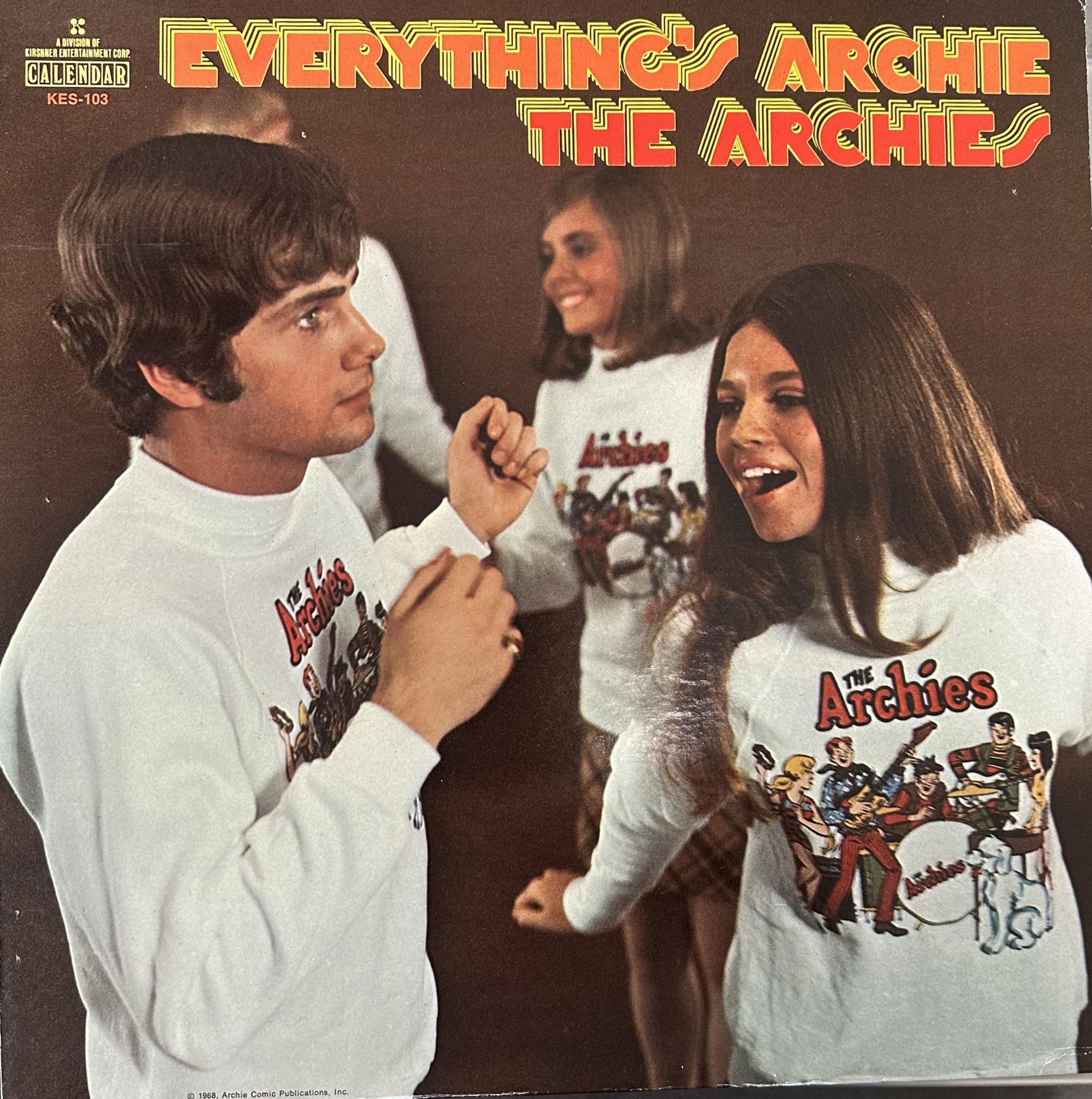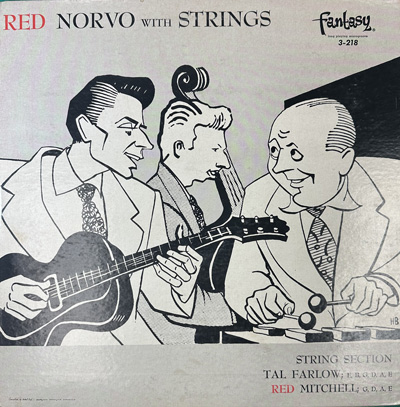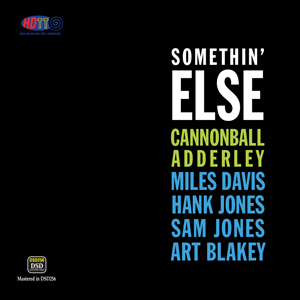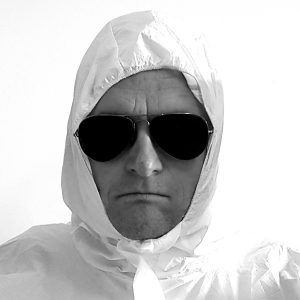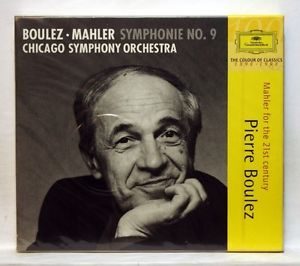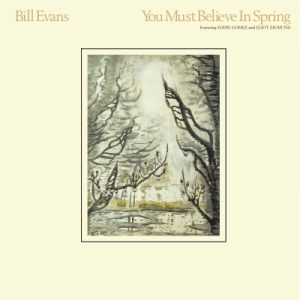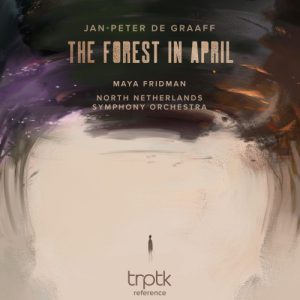As far back as can I remember, organ music has brought me pleasure. Whether it's the sound of a small pipe organ in a small church, an electronic organ, the huge pipe organ at UCLA's Royce Hall accompanying an orchestra, or a theater organ with huge pipes, bells, and percussion, I love the way organ music makes me feel. As electronic organs and keyboards from Hammond, Hohner, Wurlitzer, and Vox were commonplace in 60s and 70s rock, organists and keyboardests have had a profound influence on me. The electric organ has also been an effective voice in jazz, as the great Jimmy Smith (1928-2005) showed us on his Blue Note and Verve albums. Today I am focusing on a pop organist who made his fame at Yankee Stadium, named Eddie Layton (1925-2004). Layton, like his contemporaries Lenny Dee (1923-2006), and Marjorie Maynart (1921-2009) recorded easy listening organ music. The three of them also shared the benefit of being in the right place at the right time to be recorded by extremely talented recording engineers, who used the best recording gear of the day. The result of those all-tube analog recordings is a sound that never ceases to amaze me.
Among the thirty seven organ LPs residing in my miscellaneous organ section, there are a number of records by musicians I've never heard of. I also own four LPs by Layton, five LPs by Korla Pandit (1921-1998), and three by Ken Griffin (1909-1956). I also have two amazing sounding foundation-rattling CDs by the greatest theater organist of them all, George Wright (1920-1998). All of these albums share one thing in common. Like many country and Hawaiian albums, they have strong cuts, but are weak as albums. In other words, the outstanding cuts are sandwiched in between bland and corny cuts. As my cuing/skip-button finger is strong and able, this has never bothered me.
Eddie Layton mostly recorded for Mercury, but he also made three albums for Epic, one of which I own. Since Layton's albums are, as stated, weak as albums, but strong as great recordings, I've chosen to write about selected cuts, rather than his complete albums.
I'm starting with cuts from my favorite of Layton's Mercury titles. The album is called Better Layton Than Ever (Mercury SR60031). It was released in mono in 1958, and it was issued in stereo in 1960. The front of the jacket proudly proclaims that he's playing a Hammond Organ, but the liner notes fail to tell us which model was used. Oh well. The good news is it has three outstanding cuts, the first of which is side one cut two. It's the old standard "All Of Me." It's hard for me to think outside of Willie Nelson when it comes to this song. Willie always makes any song he sings his own. Perhaps it's because he's composed so many great songs of his own. The man in braids makes it a personal statement of heartbreak. Layton sees something completely different. He's looking straight at the dance floor, a space where the lights are down low, and only one couple is dancing. Layton can, when required, swing like nobody's business, but he does it in such a gentle manner that it's sometimes hard to tell if he even has a pulse. It took me a while to latch onto his sly magic, but now that I understand his musical angle, I find myself craving it.
Side one cut three is "I Love Paris," and I love the sound. It's a more or less solo organ cut, as Layton receives a little help from a glockenspiel on the left side of the stereo stage. The organ is gently overdriving the mic input, which is often the case with vintage organ recordings. It's funny how the sonic faults on old albums often equates to their sonic charm. The glockenspiel is simply and magnificently there. Musically, Layton has once again turned the light dimmer down, and that's a very good thing since nobody should ever see Mr. Record dancing.
Side two cut four is an original by Layton called "Bright Lites Of Brussels." It's a happy jaunt that says, "Listen to me. I sound great," and does it ever sound great! Musically, it's bouncy, flashy, and fun. Sonically it's ultra dynamic and the bass is deep. This is my favorite cut on the album, because the music and the sound are equally incredible.
Layton's masterpiece, or better said, the best of the Layton albums that I own, is Eddie Layton Plays Lawrence Welk's Greatest Hits (Epic 26215). My yellow-labeled album came out in 1966, and it's musically awesome, and sonically amazing. The album's notes tell us that Layton is playing Hammond's latest creation, the X-66 organ. Snobs find pleasure in mocking Welk, but they really don't know his music. Lawrence Welk was a seasoned band leader who had a number of excellent hit singles that were also very well recorded. I always start with side one cut three, Layton's excellent interpretation of "Alley Cat", which ironically was not a hit for Welk, nor did Welk release it on any of his albums. Lots of people, including Chet Atkins, recorded Bent Fabric's "Alley Cat," but the only one I have is this one, and that suits me fine. The tune is perfect for the electronic organ.
Side one cut four is Henry Mancini's "Baby Elephant Walk." It's the best-known cut from the TAS List favorite, Hatari! (RCA LSP 2559). However, the version that actually resides in my brain is not by Manicini, but rather the better version by a group of studio musicians who worked under the guise of "Lawrence Welk." Having said all of this, nothing beats Layton's version. He takes full advantage of the X-66, creating a bass line that sounds more like rock and roll than easy listening. The happy music, the incredible sound, and the driving bass makes this cut an indispensable delight, especially for the audiophile.
Side one cut five is "Wonderful Wonderful." Welk recorded an album with this title, but the best version is from 1956, by the incomparable Johnny Mathis. Layton's interpretation is sublime. I can't honestly tell if the "guitar" is actually an electric guitar or a guitar setting on the X-66. In either case, Layton's masterful use of the X-66 is on full display. The music is beautiful and the sound is magnificent.
The last musical selection that I decided to mention is one of the coolest things Layton ever recorded. It's "The Happy Organ," composed by Dave "Baby" Cortez. I won't make the claim that nobody plays it better than Layton, but nobody in my record collection plays it better than Layton. Also, Cortez never had the benefit of Mercury Living Presence sonics. Layton's version comes from his 1961 album, Great Organ Hits (Mercury SR60639). This is one inspired moment. It rocks, it swings, and it thrills. Layton received some help from an enthusiastic drummer, and a more-than-able bass player. The mic usage is minimal, as one would expect from Mercury, and the total effect, including the A+++ sound, makes for two minutes and fifteen seconds of pure joy.
One could make the argument that this kind of music would be best served by high res digital recording technology. This sounds completely reasonable to me. However, the mic placement on today's high res recordings tends to fall under the mics-in-the-rafters school, rather than the mics-pointing-at-the-instruments school. With the major exception of the jaw-dropping George Wright CDs on Banda Records, I've yet to hear a digital recording of pop organ music that sounds as effortless and palpable as these mid-century analog recordings.




